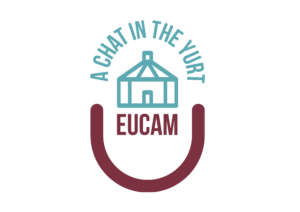European and U.S. policies in Central Asia: Will transatlantic cooperation work in Central Asia towards and beyond 2014?
The EUCAM seminar – European and U.S. policies in Central Asia: Will transatlantic cooperation work in Central Asia towards and beyond 2014? – gathered officials from both sides of the Atlantic and many experts including some from Central Asia to discuss the challenges for the Central Asian region in the coming years and the most pressing threats to the region’s security stemming from the upcoming ISAF troop draw-down from Afghanistan.
In the first session EUSR Patricia Flor; Lesslie Viguerie from the U.S. State department and Piotr Iwaszkiewicz from the Polish foreign ministry discussed areas of cooperation between the EU and the U.S. in Central Asia post-2014 and offered a rational why both actors will remain engaged in the region. In the second session Emielbek Dzjuraev from the OSCE Academy; Marlene Laruelle from CAP/EUCAM and Neil Melvin from SIPRI debated the broader regional challenges; asymmetric approaches of external actors; and Central Asian views on the role of international actors in the coming years.
The seminar was organised by FRIDE’s Europe Central Asia Monitoring (EUCAM) programme in cooperation with the Central Asia Program (CAP) of the IERES Elliott School of International Affairs, George Washington University with the kind support of the Wider Europe Initiative of the Ministry of Foreign Affairs of Finland and the Permanent Representation of the Republic of Poland to the European Union.


